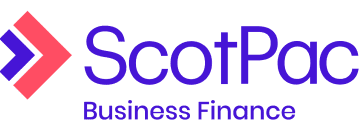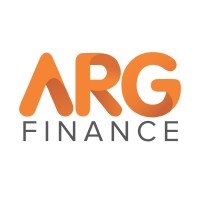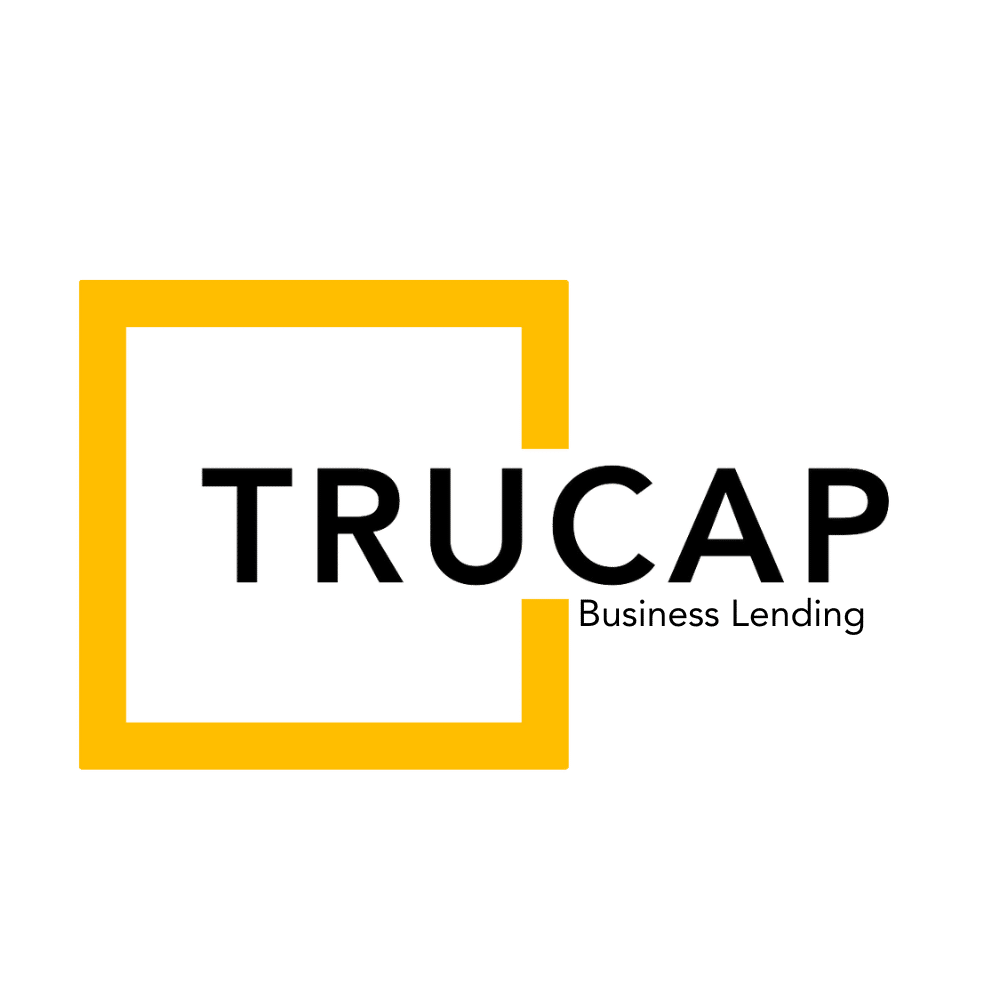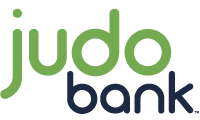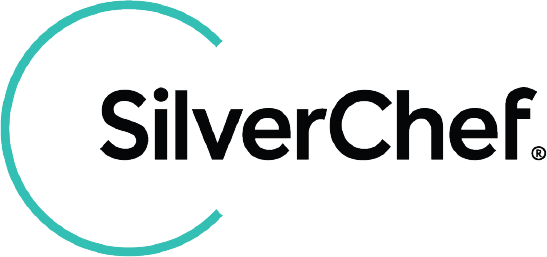When buying a vehicle or equipment for your business, there are several finance options to consider. Hire purchases and chattel mortgages are two common ways to buy commercial assets – but which one is right for you depends on your business needs.
What is a commercial hire purchase arrangement?
A commercial hire purchase arrangement lets a business choose the vehicle or equipment they want, which the lender then purchases on their behalf. The business then hires the asset from the lender, making regular payments to use it over a set term.
These repayments cover the cost of the asset, along with the lender’s interest and fees. After the final payment, ownership automatically transfers to the business with no extra paperwork required.
You can claim the GST upfront, and interest on the finance plus depreciation of the asset may be tax-deductible, helping reduce your taxable income.
What is a chattel mortgage?
A chattel mortgage is a loan specifically for business vehicles or equipment, where you borrow money to purchase an asset of your choice and own it from the start of the agreement.
Your repayments cover the cost of the asset, plus interest and fees. You may have the option to reduce these repayments by adding a lump sum known as a balloon payment at the end of the loan. Because the asset itself is used as security, interest rates can be more competitive than other forms of finance, including hire purchase. You also have a wider range of lenders to choose from.
A chattel mortgage also offers similar tax advantages to hire purchases, with GST claimable on the purchase price and potential tax deductions for both the interest on the loan and the vehicle’s depreciation.
Hire purchase vs chattel mortgage
Hire purchase and chattel mortgage arrangements are both ways to finance vehicles or equipment, but there are key differences between them.
Here’s how they compare at a glance:
| Feature | Hire purchase | Chattel mortgage |
|---|---|---|
| Ownership | Transfers to business at end of agreement | Owned by the business from the start |
| Loan term | 1–5 years | 1–7 years |
| Vehicle type | New or used vehicles | New or used vehicles |
| Deposit required? | No | Optional |
| Balloon payment? | Optional | Optional |
| Running costs included? | No | No |
| Modifications allowed? | No | Yes |
| Tax benefits | GST claimable on purchase Interest on repayments and depreciation may be tax-deductible |
GST claimable on purchase Interest on repayments and depreciation may be tax-deductible |
Pros and cons of hire purchases and chattel mortgages
Hire purchase
Pros
- No deposit required
- Fixed, easy-to-manage repayments
- Automatic ownership at the end with no extra paperwork
Cons
- More expensive than other finance options
- Limited control over the vehicle until ownership transfers at the end of the term
Chattel mortgage
Pros
- Ownership from day one
- Potential for lower interest rates than hire purchase
- Finance up to 100% of the purchase price
Cons
- Stricter eligibility criteria
- Balloon payments can create financial pressure at the end of the term
Why apply for a business loan with Savvy?
Expert brokers
You can speak with one of our specialist commercial brokers who can walk you through a range of loans to best suit your company's needs.
Over 40 lending partners
You can compare business loan offers, through a range of trusted lenders, maximising your chances of a great rate.
Fast online process
You can fill out our simple online form to generate a free business finance quote within minutes. You can also come back to it at any time.
How is hire purchase different to a commercial lease?
Another alternative to a hire purchase is a commercial finance lease.
At first glance, the two look similar, with both arrangements letting you use the vehicle without owning it upfront, spreading the cost over time through regular repayments. However, the structure is quite different.
What your payments cover
Under hire purchase, repayments go toward paying off the vehicle’s purchase price, plus interest and fees, working toward ownership. With a finance lease, payments cover the vehicle’s depreciation fuel, servicing, insurance and other running costs, plus interest and fees, so a residual payment remains at the end.
Tax benefits
With hire purchase, you can claim interest on loan repayments and depreciation, as well as GST on the car purchase. With a lease, up to 100% of the lease's payment is tax-deductible, given that you aren't paying for the vehicle itself in your monthly payments.
End-of-term options
At the end of a hire purchase agreement, ownership transfers to you automatically. However, at the end of a finance lease, you’ll have to pay a residual or balloon payment. You have a few options for when you do:
- Pay the residual amount to purchase the vehicle
- Refinance the residual and continue leasing
- Trade the vehicle in to cover the residual and start a new lease
If you want the use of a vehicle for a fixed term but not ownership at the end, another option could be an operating lease.
This flexibility can suit businesses that regularly update their vehicles rather than keeping them long-term.
Is hire purchase the same as rent-to-own?
No, while similar to hire purchase, rent-to-own is a different type of business car finance.
With a rent-to-own arrangement, you select a vehicle from a provider’s existing stock and pay a deposit to secure it. You make regular instalments to use the vehicle while gradually paying down the amount owed. You can then choose to take ownership at the end of the term.
Rent-to-own is typically aimed at small or new businesses with limited paperwork or trading history. It often involves minimal or no credit checks, allowing faster access to a vehicle, but can be more expensive than hire purchase and other types of business finance due to potentially costly establishment and weekly rental fees.
Which option is best for me: hire purchase, chattel mortgage or lease?
Choosing the right finance option depends on your business needs and circumstances:
- If you want to own your asset but need to spread payments over time and don’t qualify for a chattel mortgage, hire purchase is a good option.
- If you want to own your asset from the outset, chattel mortgages are the only finance option that allows you to do so.
- If your business turns over its equipment or vehicle fleets regularly, a lease agreement allows you to do that more easily.
- If you don't want to own your asset at all, operating leases allow you to hand them back at the conclusion of your agreement.









